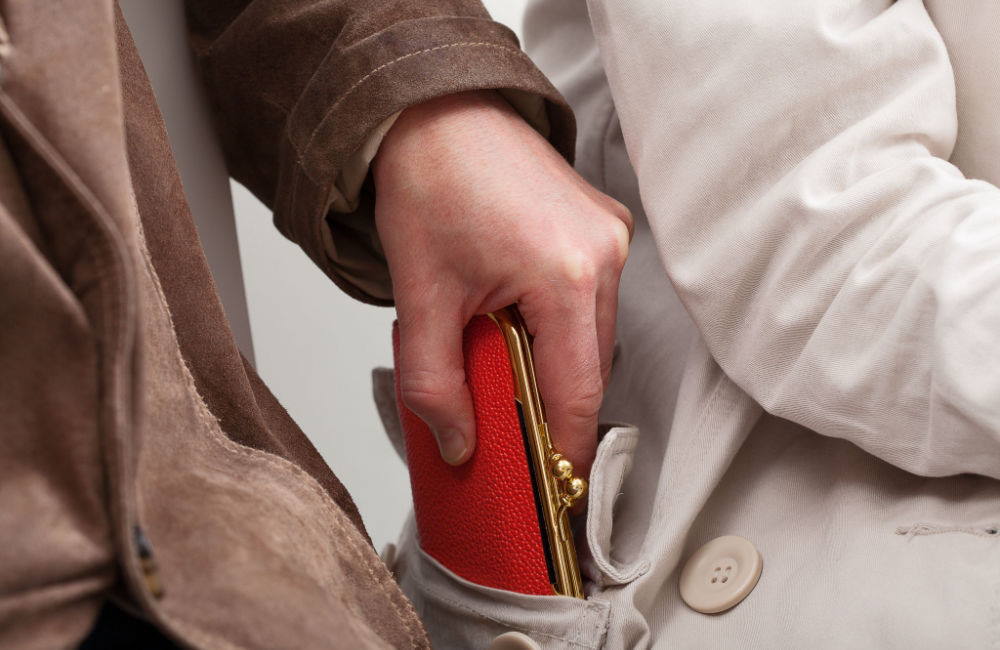
For senior travelers, it’s important to stay aware of the many types of common travel scams ready to trip them up. Scammers are always looking for ways to separate people from their money, but awareness of the problem is at least half the battle.
The following looks at some common travel scams and ways to avoid them. It’s something every senior traveler should know about, as they often are the target of shady people while on vacation. They’re also good to know for adult children flying with elderly parents.
Common Travel Scams and How to Avoid Them
Even the smartest of senior travelers might fall victim to a travel scam. Part of that is because criminals have become more sophisticated in their approach. People also naturally have their guard down while on vacation. However, it’s still possible to relax while taking a trip but also remain aware of these common travel scams.
Timeshares
Timeshare scams happen before people ever leave the house, but it’s worth listing here because so many people build trips around timeshare ownership. Timeshares involve a property sold to multiple buyers, with each buyer getting a set amount of time to use the property each year. They’re popular because they make vacations to exotic locales affordable. They also attract scammers who offer deals (such as free nights at the timeshare) that don’t exist. Once you buy a timeshare, a common scam is to offer you a chance to sell it for a fee paid upfront. The solution is to always thoroughly research the company offering the timeshare (or buying/selling services) to ensure it is legit.
Taxi Scam
The most common taxi scam involves a driver taking a longer route than necessary to a destination. Travelers unfamiliar with the area have no idea they are getting scammed. Avoid this by researching your route on Google Maps beforehand and letting the driver know you understand the most direct route to your destination. Another common taxi scam is claiming the meter is broken and charging a ridiculously high rate. Avoid this by either negotiating a price upfront or ensuring the meter is working before you get into the taxi.
7 Mistakes to Avoid While Travelling
The Hotel Switch
This also happens with taxi drivers. They will tell you that the hotel you are staying in is overbooked or a “bad” hotel, then take you to a different hotel where they receive a commission for delivering new guests. Avoid this by calling ahead to ensure your hotel is not overbooked, or simply insisting that the driver take you to your original hotel.
The Free Item Is Not Free
Another common travel scam is for a stranger to approach you in a public place and put a friendship bracelet on your wrist or hand you a small “welcoming gift,” then demand money for it and cause a scene if you don’t pay. Avoid this by never accepting anything handed to you by a stranger or letting someone put something on you.
Pickpockets
Pickpockets still work in tourist areas and near public transportation, such as train or bus stations. Avoid this by never putting valuable items in your front or back pockets. Use a concealed money belt or a zippered crossbody bag.
Renting Transportation
Motorcycle, jet ski and moped rentals in foreign countries may ask to retain your passport when you rent, then claim you caused damage to the rental and hold your passport until you pay a fee (which most people will do, because losing their passport is terrifying). Rent transport through your hotel if it is available. Wherever you went, take pictures of the rental to record existing damage and discuss it with the rental agency, so you don’t get blamed for it later.
Juice Jacking
A relatively new scam involves swiping information from your smartphone when you plug it into a USB port to power up your battery. Scammers configure the port to load malware that can lock your phone or steal passwords, files, contacts, texts, and voicemails. In some cases, the malware makes a backup of the entire phone. Juice jacking most often occurs at airports, shopping malls and other public places that provide free charging stations for mobile devices.
Avoid this scam by always plugging directly into an AC outlet, not into a USB port charging station. You can also buy a protective attachment called a USB data blocker (or USB condom) that sits between the charging cable and the USB charging station, blocking all connections to the phone other than power transfer.
These are some of the most common travel scams that senior travelers face. Avoiding scams is second nature for RN flight coordinators who book their client’s entire trip. It’s a good choice for those who have difficulty flying on their own. Flight nurses accompany seniors and others with injuries or conditions, ensuring they have constant, reliable medical care during their journey. They also know the signs of common travel scams.